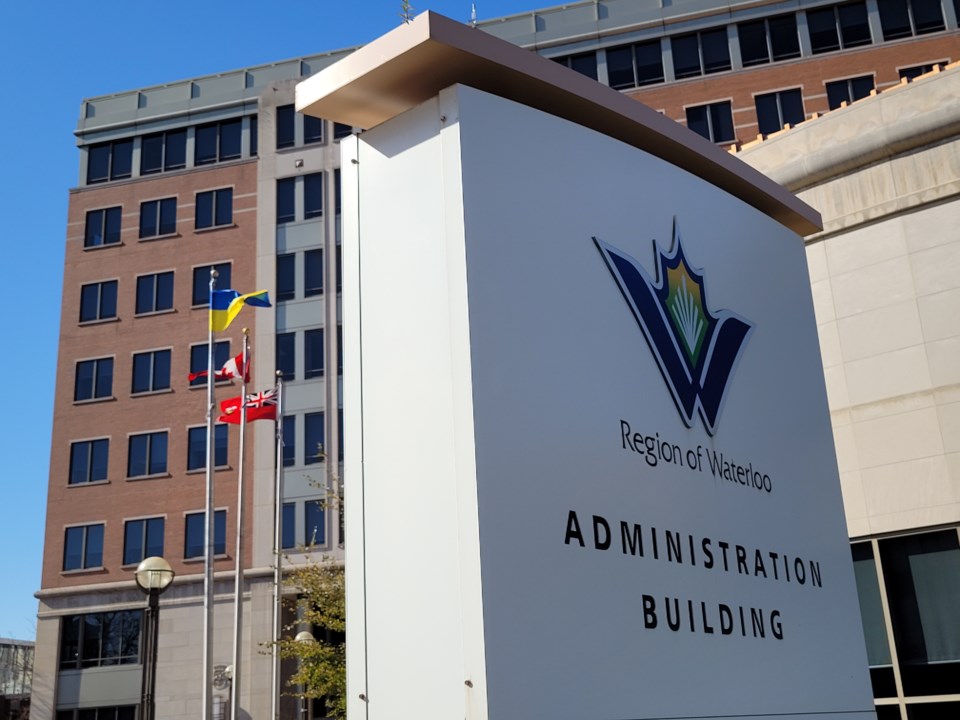The Region of Waterloo's financial standing after a year of "challenges" in terms of inflation, continued pandemic impacts, growth and uncertainty show the municipality is in the black with a consolidated budget surplus of $7.2 million.
An update on the region's 2022 business plan and financial outcome set to head to the region's finance and administration committee next month shows tax supported operations ended the year with a surplus of $5.4 million or approximately 1.3% of the 2022 property tax levy for these programs.
User rate supported operations ended the year with a net $1.5 million surplus and Waterloo Regional Police Services (WRPS) ended the year with a $0.3 million surplus.
The report says year-end surpluses and shortfalls will be allocated to or funded from regional reserves in accordance with the Surplus Allocation Policy.
The WRPS surplus will be allocated to police reserves as determined by the Police Services Board.
Capital expenditure across all regional programs in 2022 totalled approximately $338 million, reflecting approximately 48 per cent of the approved capital program budget.
The report says the past year brought many uncertainties, but "in collaboration with its countless partners" the municipality "made significant progress in each of the core areas of the strategic plan in 2022."
The list of achievements and accomplishments is long and there is much to celebrate and recognize, it says.
Highlights include the development of 247 supportive homes to provide onsite support with life skills to help tenants achieve stability and stay housed, and in Cambridge, the region contributed $3 million towards 30 new affordable housing units, for Indigenous people, with 16 of those dedicated specifically to Indigenous women and children.
The region also invested an additional $120,000 in equity funding for affordable transit in 2022.
Grand River Transit is responding to demand for more public transit and greenhouse gas reductions.
Its new 305,000 square foot maintenance facility makes space for greener buses and will be home to GRT’s fully electric buses and charging stations. The facility has a capacity for 200 buses, which will increase the capacity on busy routes without adding more passenger vehicles and emissions.
Through the region's community-led Upstream Fund model, it supported 41 community organizations to improve the health and wellbeing of Indigenous, Black, racialized and other communities.
Significant investments in the Region of Waterloo International Airport resulted the airport becoming the fastest growing airport in Canada in size, capacity, overall job opportunities and economic impact.
Investments in technology at three wastewater treatment plants reduced 1,900 tonnes of carbon dioxide emissions each year; the equivalent of taking 400 cars off the road and saves $1.5 million on utility costs at the plants.



